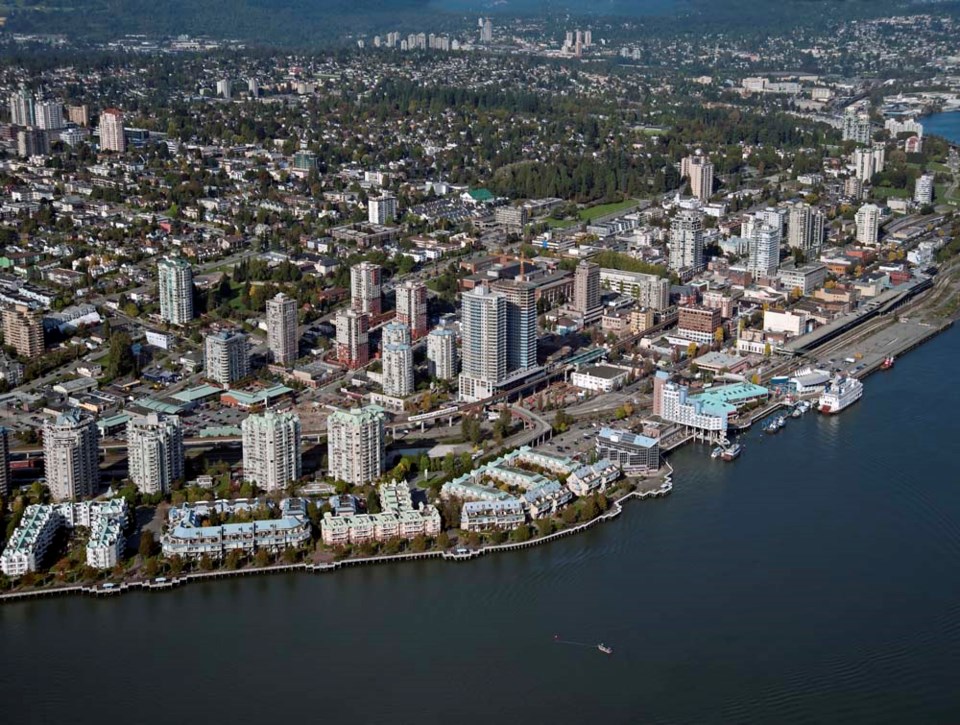Editor: Re: Cars aren’t going away, so let’s plan for them, the Record letters, May 17
In my industry, we have a concept that applies well to the concerns expressed in this letter - bad defaults.
Because the default mode of transportation has long been the automobile, it is the state of affairs that homes are often too far from where individuals work for biking and walking to be convenient. It is because of city planners assuming that automobiles would be the primary mode of transportation that grocery stores, medical facilities, and other necessary facilities are so dispersed as to be inconveniently inaccessible to those walking, biking or taking transit. It is because our cities were designed for automobiles that our cities continue to be most convenient for automobiles.
This is a typical example of an outcome from a bad default: because the car came first, when it comes to be that our cities become so populated that traffic congestion is unbearable we find ourselves struggling to find convenient alternatives.
Perhaps the worst outcome of this bad default upon our way of life is the ever-growing average time spent commuting by automobile to and from work. The inconvenience of walking, biking and transit in combination with the assumption of the convenience and pervasiveness of automobiles has given rise to a Metro Vancouver comprised of distant bedroom communities with commercial cores and far-away industrial hubs. The lack of diversity of zoning per-city-block is why automobiles remain the most convenient.
Fix the way we design our communities, and begin by refusing to chase the dreams found in the likes of a Norman Rockwell painting. If we engage in infill development, and provide the zoned space and incentives necessary to attract the necessary facilities of life outside the home, then the automobile will no longer be our bad default.
Make no mistake, there will always be a place in the city for automobiles. Industrial, commercial and freight must travel, after all.
This is all unless, of course, we wish to pave our agricultural lands in the Fraser Valley and create a sprawl from here to Abbotsford, and the congestion nightmare in the automobile arteries that will connect bedrooms to offices and warehouses.
Daniel Leslie, New Westminster



